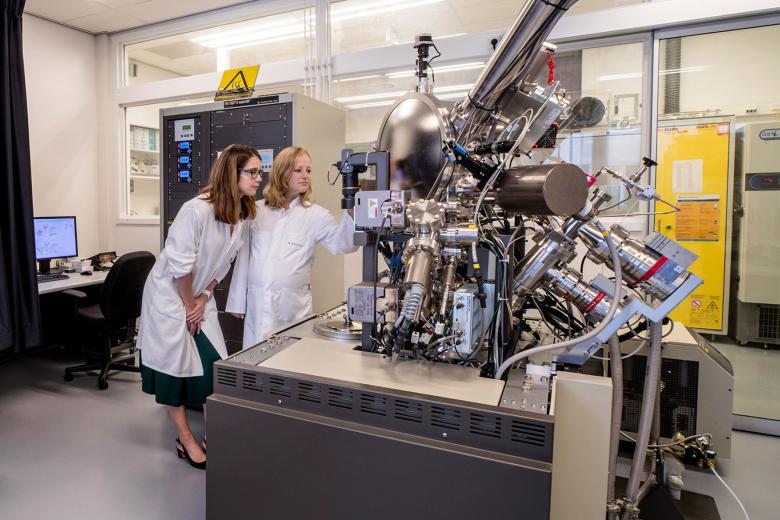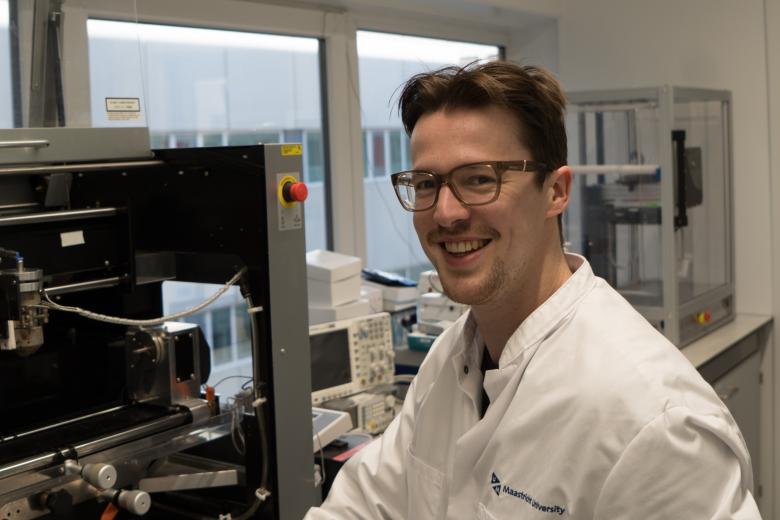Students take action for stem cell donation
To recruit stem cell donors and also raise awareness and money for Matchis (the Dutch centre for stam cell donors), the student association Tragos organises a week dedicated to stem cell donation, from today to Friday 22 February.
Cured thanks to stem cells
Every year, several thousand people in the Netherlands are diagnosed with some form of blood cancer. A patient with leukaemia or another serious blood disorder can be treated with donated stem cells. But often, it is impossible to find a suitable stem cell donor in time. The chance to find a donor in the patient's family is only 30%. That is why it is important that people donate to increase the chance of successful treatment. You can donate stem cells in two ways: via blood or via bone marrow. A physician decides which procedure is suitable. Over 80% of stem cell donors are 35 or younger – one of the reasons Tragos organises this donor week.
Tragos donor week
On Monday 18 February, there will be a General Members Meeting, where a former patient representing the Matchis foundation will explain the importance of stem cell donation and how it works. In addition, a first year student, who has had leukaemia and was lucky enough to get a successful stem cell transplant, will tell his story.
Hand in empty bottles on Tuesday!
On Tuesday 19 February there is, between 12:00 and 18:00, a large crates / plastic bottles collection campaign on the Markt in Maastricht. Here everybody – not only students – hand in crates / bottles. The collected deposit goes to Matchis.
Register as a donor
During the event at the Markt, students and residents can sign up as donors. Signing up is also still possible at the party that will take place at Tragos on Wednesday night. For every beer sold during the party, 10 cents will be donated to Matchis.
Friday, a delegation from the board of Tragos goes to the Matchis Foundation in Leiden to announce how much money has been collected and how many people have registered as stem cell donors. The ambition is to recruit at least 50 new donors.

Also read
-
UM to play a more prominent role in Dutch scientific infrastructure
Eleven consortia from various scientific disciplines are set to launch projects of great value to science. The Dutch government is making a total of €197 million available for this purpose. Scientists from Maastricht University (UM) are closely involved in seven of the eleven projects.

-
17 million for Dutch mega cohort: working together to build healthier ageing
MUMC+ is main applicant in the NCC: a unique research infrastructure with data from almost half a million Dutch citizens.
-
Letting bone and cartilage repair themselves
Tim ten Brink focuses on developing implants for damaged bone and cartilage, so eventually there is less need for invasive surgery.
